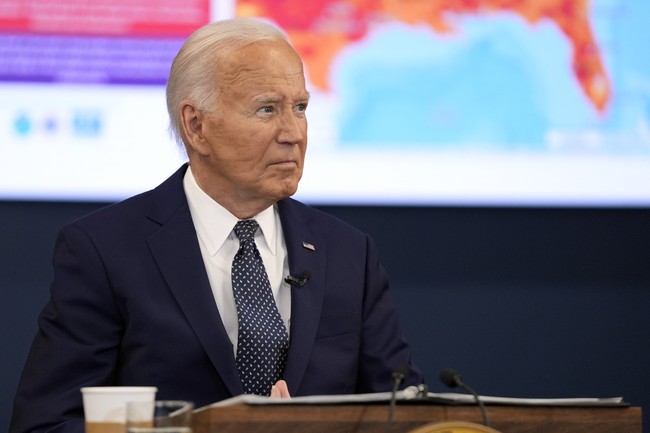France's Stricter Immigration Policy Under PM Barnier
Prime Minister Michel Barnier's government is signaling a hardline approach to immigration and budget reforms, stirring political and societal debates across France.
Published October 03, 2024 - 00:10am

Image recovered from saudigazette.com.sa
France is experiencing a significant shift in its immigration policy under the newly appointed Prime Minister, Michel Barnier. With a divided parliament and increasing pressure from far-right and conservative parties, Barnier's government is adopting a tougher stance on immigration. This strategic shift includes ambitious plans to reduce the number of people entering and staying illegally in the country, echoing measures taken by neighboring countries like Germany.
In a recent televised interview, Barnier criticized the state of France's borders and promised to limit immigration. Bruno Retailleau, the new Interior Minister, has announced plans to toughen immigration policies, such as revisiting healthcare assistance for undocumented migrants and increasing deportations. These initiatives have faced significant backlash from civil society groups and migrant advocates, who argue that the move aligns closely with far-right rhetoric and signals an increasingly hostile environment for migrants seeking refuge in France.
Speaking before the Assembly National, Barnier stressed the urgency of addressing immigration outside the ideological stalemate that has long hampered the debate. He proposed extending the detention status of irregular migrants to accelerate deportation orders and limiting visas to countries that refuse to accept deported nationals. This plan aims to handle the annual 100,000-plus expulsion requests more efficiently, an effort that has been a significant point of contention in French politics.
In parallel to the immigration reforms, Prime Minister Barnier is also focusing on battling France's budget deficit through tax hikes and spending cuts. The current financial state of the country is dire, with the budget deficit risking to surpass 6% of economic output. Barnier plans to narrow this deficit to 5% by the end of 2025, with a goal to reach the euro zone's common 3% deficit target by 2029. These plans include imposing higher taxes on corporations, energy companies, and top earners, as well as increasing electricity taxes and implementing steep spending cuts.
Barnier's government faces the challenge of passing these reforms through a fragmented parliament. The left-wing alliance and far-left France Unbowed frequently disrupt Barnier's speeches, demanding that the voice of their voters be respected. Despite these hurdles, Barnier remains steadfast in his mission to include reasonable and fair changes to the pension system, another key reform initiated by President Emmanuel Macron that faced nationwide protests.
In addition to budget and immigration reforms, Barnier has highlighted security and healthcare as primary concerns for his administration. He has outlined intentions to foster investments in the nuclear energy sector and to improve services in health and education. Barnier has promised future measures that align with a rightward political shift, causing concerns among opposition leaders.
The debate over France's new approach to immigration also intersects with broader societal issues, such as racism, antisemitism, and women's rights. Barnier has emphasized that his government will maintain zero tolerance towards these concerns and that fundamental rights, such as abortion and marriage equality, will not be questioned. However, critics worry that the hardline stance on immigration might incite societal tensions and estrange France's international partners.
Overall, Barnier's administration is set to navigate through tumultuous political and societal waters as it implements stricter immigration controls and stringent economic measures. The country watches closely, with both supporters and critics analyzing each move made by the new government. How France navigates this critical juncture will undoubtedly shape its future both domestically and within the broader European context.







